Narcissistic and Psychopathic Abuse – Sandra Brown, MA (Digital Seminar )
Description:
You may have trauma clients who are victims of narcissistic abuse without even knowing it.
In a clinical setting, victims of narcissistic abuse can be conditioned to behave a certain way, to show only the good things. They can dissociate to remove themselves from the trauma, and struggle to talk about the abuse in therapy. Some may not even be aware of the abuse, especially if the narcissist is still involved.
If you’re like most clinicians, you only have a surficial understanding of personality disorders and the traumatic harm they can inflict on their partners. Without the proper training you can fail to connect the dots and miss a key component of treatment for these clients.
This program will give you the in-depth understanding and clinical tools you need to recognize the signs of abuse from Cluster B disordered partners and discover the keys to treating the survivors!
Sandra Brown, M.A., is a pioneer in the field of narcissistic and psychopathic abuse and the current president of The Association for NPD/Psychopathy Survivor Treatment, Research & Education who has worked with and researched narcissistic abuse survivors for over 30 years.
Watch her, along with experts Claudia Paradise, LCSW-R and Bill Brennan, M.Ed., LMHC, CAP, for this one-day seminar as they show you how you can:
- Identify pathological love relationships
- Differentiate PLRs from other stereotypical domestic violence, addictive, co-dependent, or dysfunctional relationships
- Recognize the unique relational dynamics generated from the pathology and the traumatic impact to intimate partners
- Understand why certain survivor personalities seem to be targeted
- Key considerations for treating the traumatic aftermath
Don’t miss this chance to add a new dimension to your trauma treatment toolbox and help survivors of narcissistic abuse find the path to recovery. Purchase today!
Outline:
Pathological Love Relationships
- Pathological Love Relationship (PLR) definition
- PLR theory and its influences from other fields and disciplines
- Differentiating these relationships and abusers from others
- Research and treatment limitations
Personality Disorders and Their Application to Pathological Love Relationships
- How to spot a Pathological Love Relationship
- Identifying Pathological Love Relationships through personality and personality disorders
- The DSM Alternative Model about personality disorders and interpersonal risk
- Significance of partner pathology as ‘pervasive’ and the relevance to survivor’s understanding
- Problems identifying Pathological Love Relationships
- How to identify relational pathology from the DSM-5 four impairments
Relational Dynamics and Stages of PLRs
- DSM descriptions used as one of the identifiers in spotting a Pathological Love Relationship
- Stages of Pathological Love Relationships
- Pre-Stage— trolling, luring and predatory targeting tactics
- Early Stage— manufactured intensity and reflective relational tactics
- Mid-Phase —when the mask slips
- End relationship dynamics
Survivor Personalities and Targeted Traits:
Critical Considerations for Prevention, Intervention, and Treatment
- Who these survivors are NOT
- Survivor personality super trait elevations and its importance in targeting and recovery
- Agreeableness and cooperation: the relationship investment trait
- Conscientiousness and self-directedness: the integrity-oriented life traits
- Misidentification/misdiagnosis of personality ‘Super Traits’
- Codependency, dependent PD, borderline PD, empaths
Trauma Symptoms and the Aftermath of Narcissistic Abuse:
Atypical Presentations of Trauma and Keys to Treating the Survivor
- How these survivor’s symptoms can be different
- ‘Atypical’ trauma and misdiagnosis
- Cognitive dissonance and its presentation in survivors
- Difference in chronic and persistent CD— not your college understanding
- Cognitive dissonance and its connection to PTSD intensification
- Trauma treatment and further treatment issues
NLP online course
So what is NLP?
NLP stands for Neuro-Linguistic Programming. Neuro refers to your neurology;
Linguistic refers to language; programming refers to how that neural language functions.
In other words, learning NLP is like learning the language of your own mind!
NLP is the study of excellent communication–both with yourself, and with others.
It was developed by modeling excellent communicators and therapists who got results with their clients.
NLP is a set of tools and techniques, but it is so much more than that.
It is an attitude and a methodology of knowing how to achieve your goals and get results
Preview Information:
Original Page
Archive Page
More Course: NLP – HYPNOSIS – PHILOSOPHY
Outstanding Course:Kasina – audiostrobe files


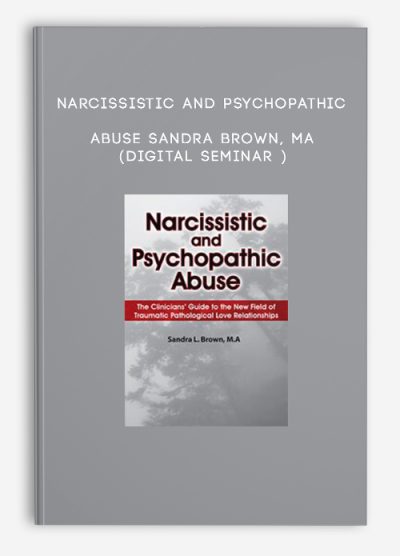
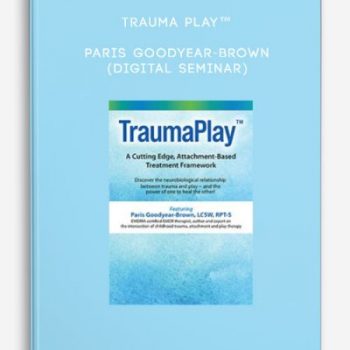

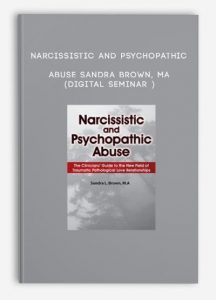

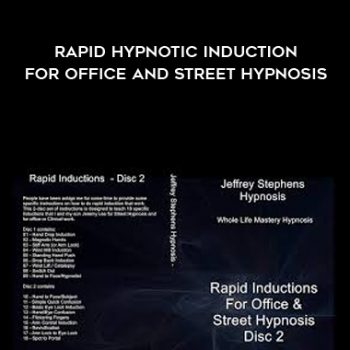




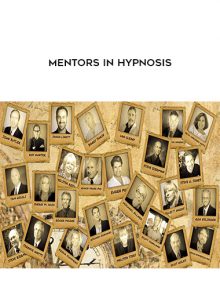

Lord –
This is Digital Download service, the course is available at Vincourse.com and Email download delivery.